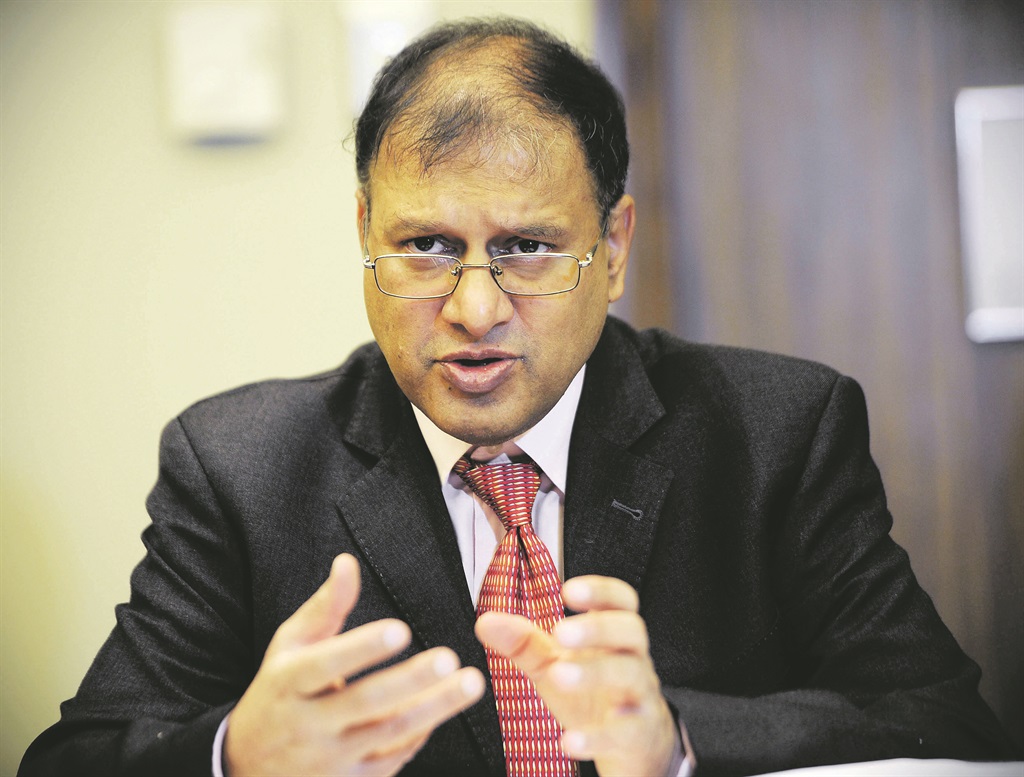Ismail Momoniat. (Mary-Ann Palmer/Netwerk24)
South Africa should address outstanding shortcomings in tackling illicit financial flows to exit a global dirty-money list by either June or October next year, provided there’s no surprises, National Treasury official Ismail Momoniat said.
The nation has until February to address 22 key items flagged by the Financial Action Task Force (FATF) and two reporting cycles – this month and January — to get off its so-called grey list by a June deadline. Failure to do so would require it to report to the FATF every four months, until all deficiencies have been addressed.
The country, which was put on the list in February last year, has only completed eight of the action items and aims to complete nine by September, with the rest due in January. It needs to complete all of them by February to exit the list by June.
“There’ll be a site visit in May and the June plenary will decide whether we can be off or on,” Momoniat said by phone on Tuesday. “We don’t know the outcome, yet, of September” but “I’m quite optimistic that we are by and large on track with the schedule, and it could mean June or October.”
Still, nothing is guaranteed and “you can’t take anything in this process for granted”.
“Sometimes you can be blinded by something quite trivial,” Momoniat said. “There are five items due in January, so even if you get to that point, you can always have maybe one or two that might still” need more time, he said.
The listing followed an era of endemic corruption — referred to locally as state capture — under former President Jacob Zuma’s rule that’s estimated to have cost at least R500 billion of taxpayer funds. Zuma denies any wrongdoing.
A prolonged stay on the list may cause reputational damage, possibly leading to capital and currency outflows, and increase transactional, administrative and funding costs for banks.
